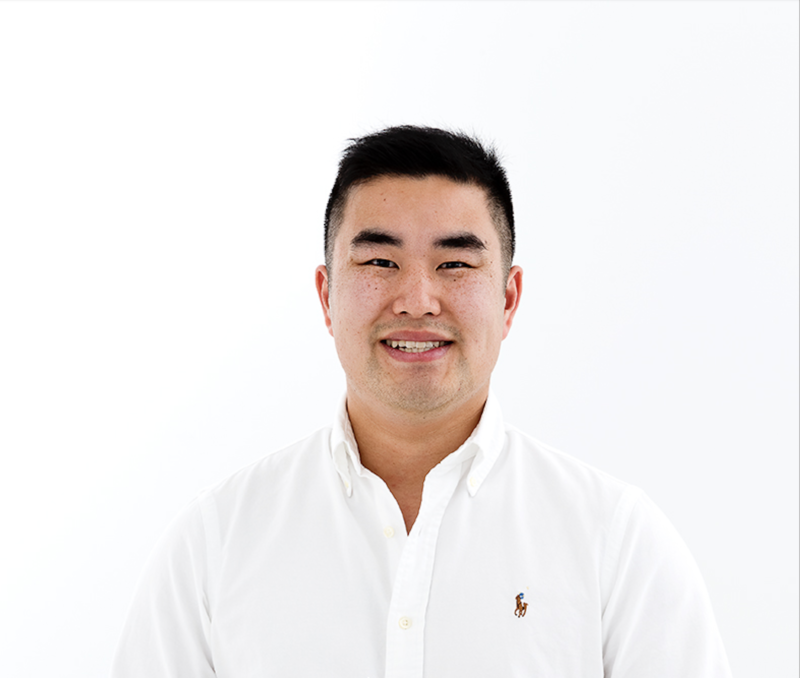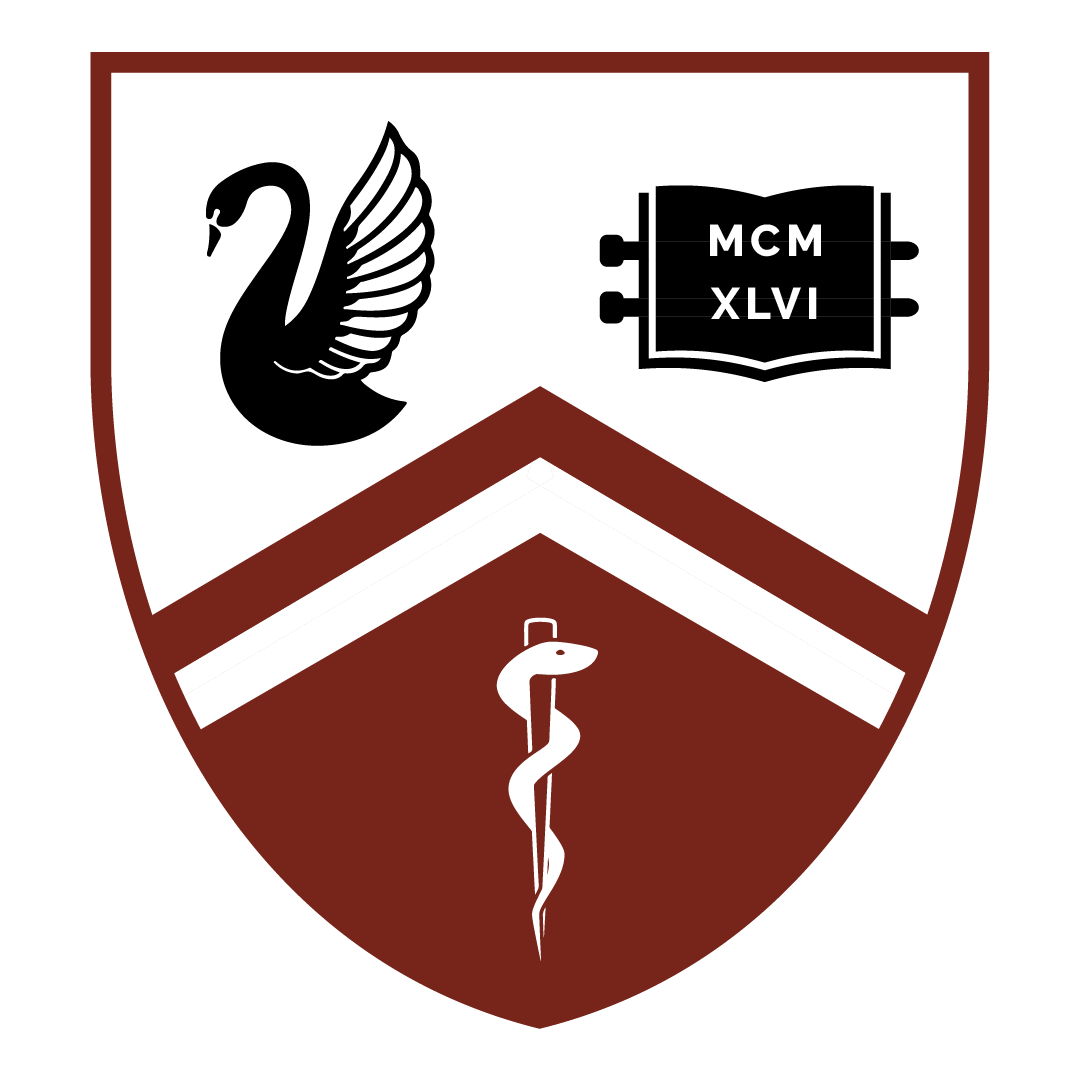Written by Dr Dean Choong
Co-Chair of the PMCWA Junior Medical Officer Forum
Western Australian Representative on the Australasian Junior Medical Officer Council
January 2020.
I had just finished internship and had recently been accepted onto the Basic Physician Training program after months of hard work preparing my application and interview. I felt on top of the world. Having spent 3 weeks on the family trip of a lifetime, I was fully rested with a palpable excitement to come back to Perth and start my specialty training. top-zaymov.ru
Fast forward a few months, COVID-19 happened, and my dad was diagnosed with prostate cancer. It flipped my world upside down. Ironically, I was working in medical oncology at the time, and despite seeing patients with cancer every day, it came as a massive shock that it was happening to someone so close to me.
My friends would normally describe me as someone who is constantly on the go, chasing one goal after the next, and finding it difficult to stop and smell the roses. The pressures of full-time work and study, attending dad’s treatment appointments, career planning/CV building, and COVID isolation eventually got to me, and left me broken and exhausted.
This brought me to the harsh realisation that in the hustling and bustling of my medical career and pursuits, I had neglected my wellbeing and my support network. I hadn’t invested the required time nor effort into building my own solid foundation to withstand difficult times.
It was a wake-up call to invest in this aspect of my life, which is far more important than the pursuit of any chosen career path or specialty. Here are some things I have learnt/am learning about coping with difficult situations:
1. Self-kindness goes a long way
There are often so many pressures on us, whether that be from family, friends, work, or even ourselves. I had to learn that:
-
I am human, and I make mistakes (and learn from them).
-
Some things (for example life, career) are just out of my control and all I can do is try my best.
-
Things will be okay even when they don’t turn out as I have planned.
-
Instead of constantly comparing myself to others and their achievements (tiring!), learning to celebrate my small victories.
2. Gratitude
When my dad was diagnosed with prostate cancer, ‘gratitude’ was the last thing on my mind. Whenever someone would mention the word ‘gratitude’, I struggled to see any silver lining in the situation and frankly got quite annoyed. The negativity spilled over into my work life, family life, and relationships with friends.
It was a downward spiral, and I knew I had to change my reaction. I am learning to count my blessings which helps me to put my challenges in a better light. For example, thinking about the great quality of Australian healthcare, the excellent specialists my dad sees, the supportive friends and family that surround us.
3. Pay it forward
My medical colleagues and friends were a major source of support for me, whether that was catching up over a coffee, or helping to cover a shift when my dad had an appointment. They are people you often see more than your own family and just like you, are human and have their own difficult situations going on.
We all have a role to play in looking out for our colleagues and contributing to positive culture change in our universities and workplaces. I’m lucky to be part of organisations such as PMCWA and a hospital Doctor Welfare Group, who advocate for wellbeing in our profession!

